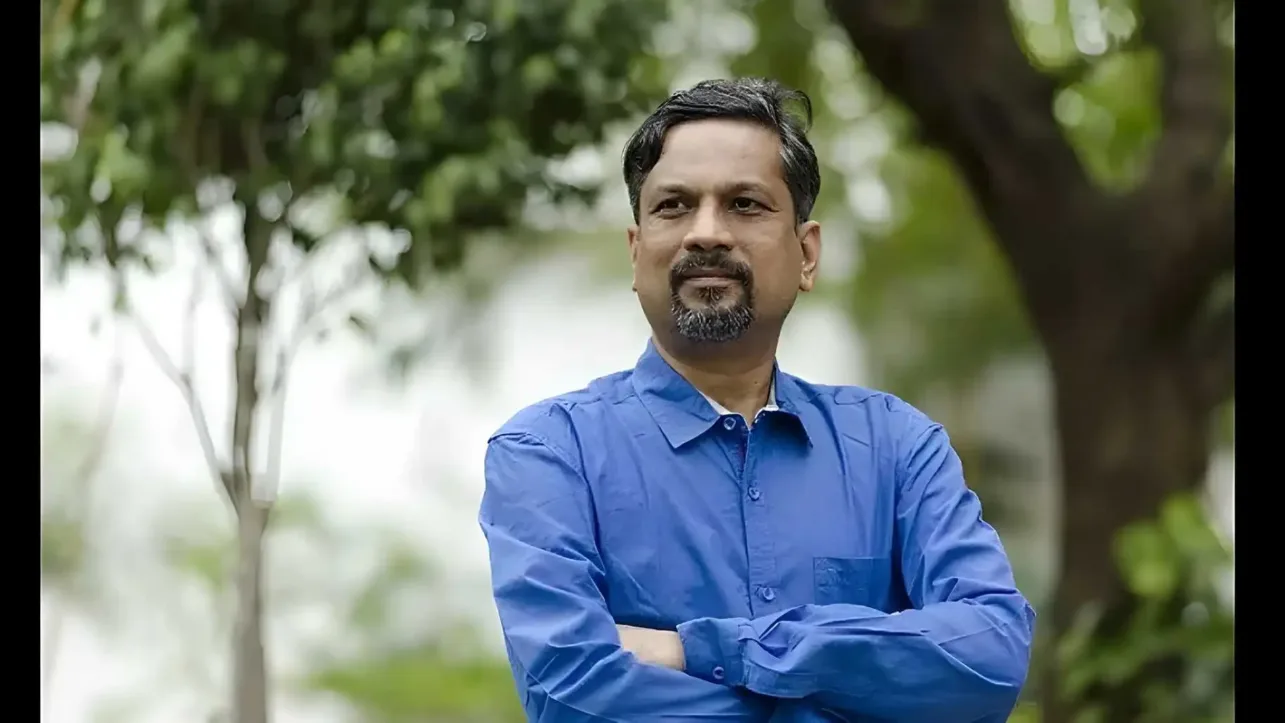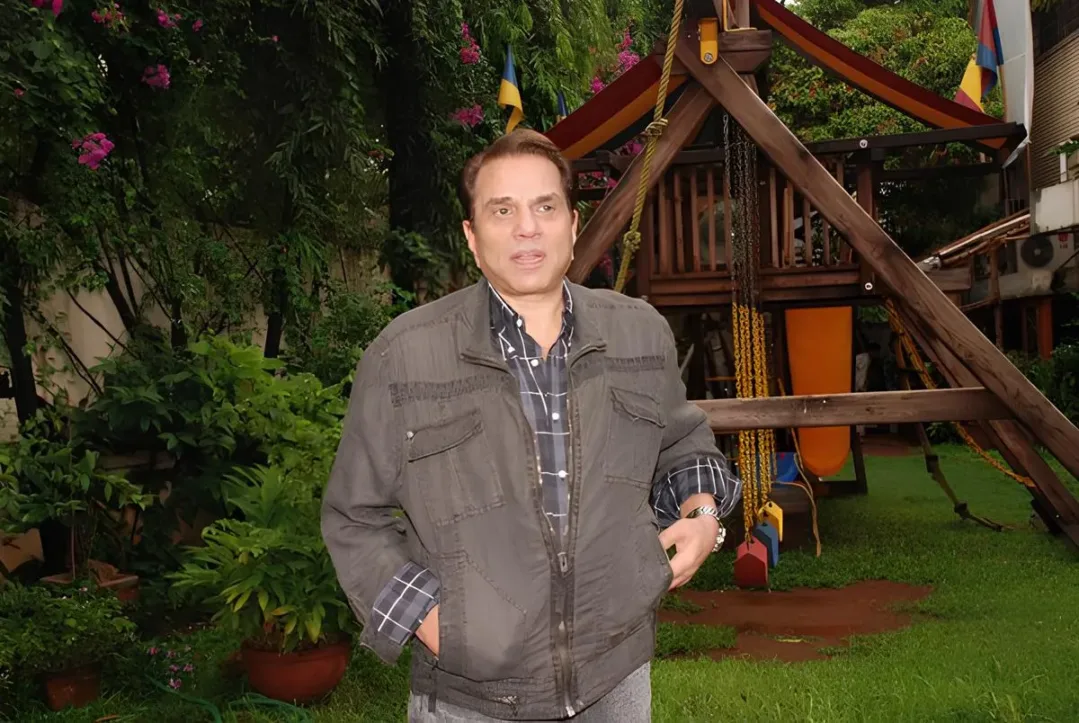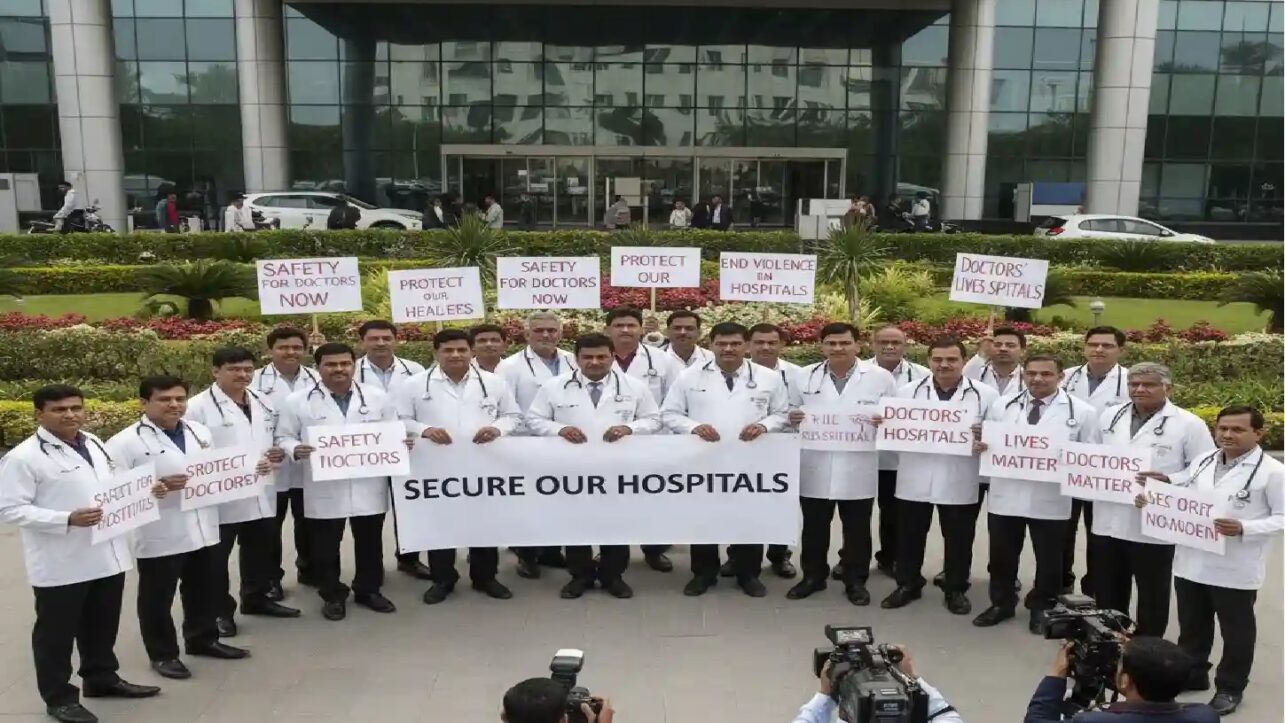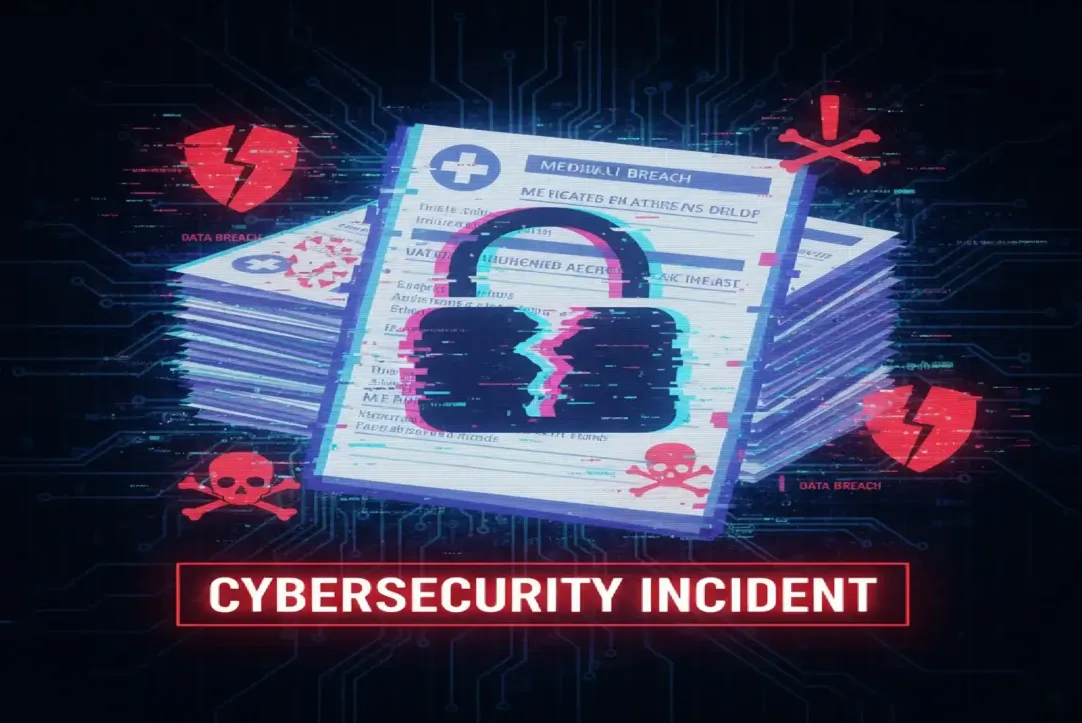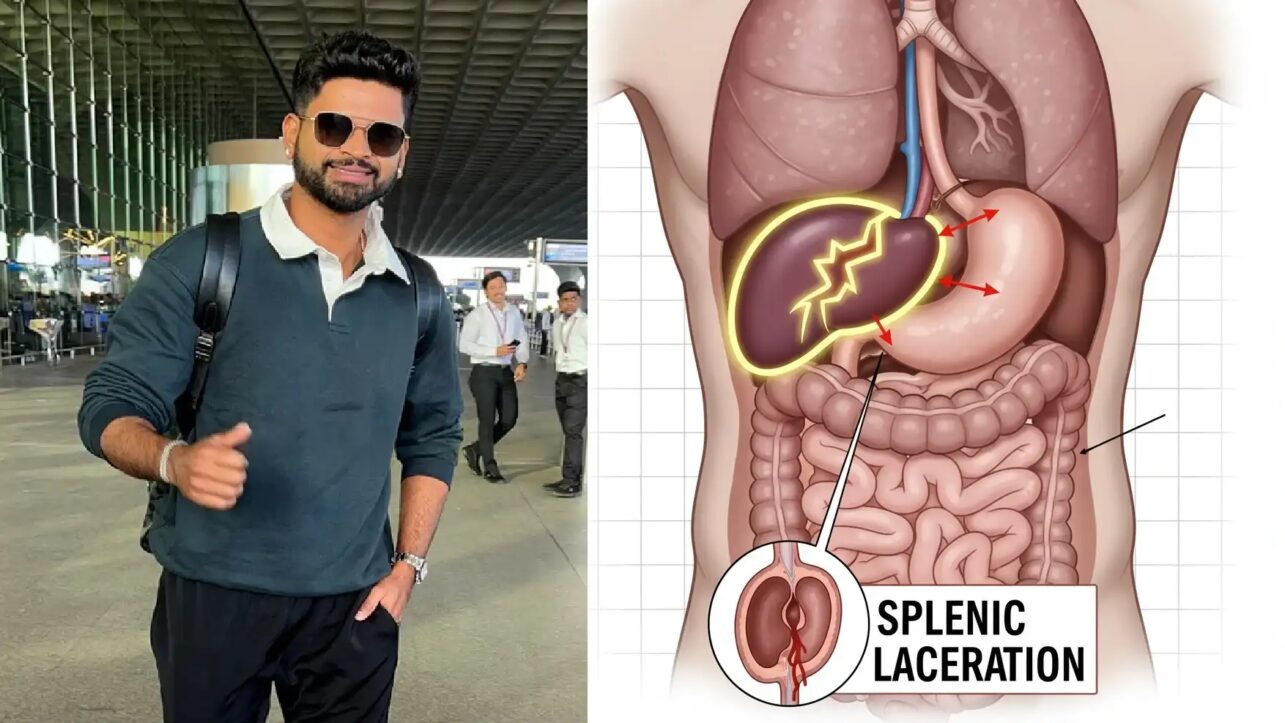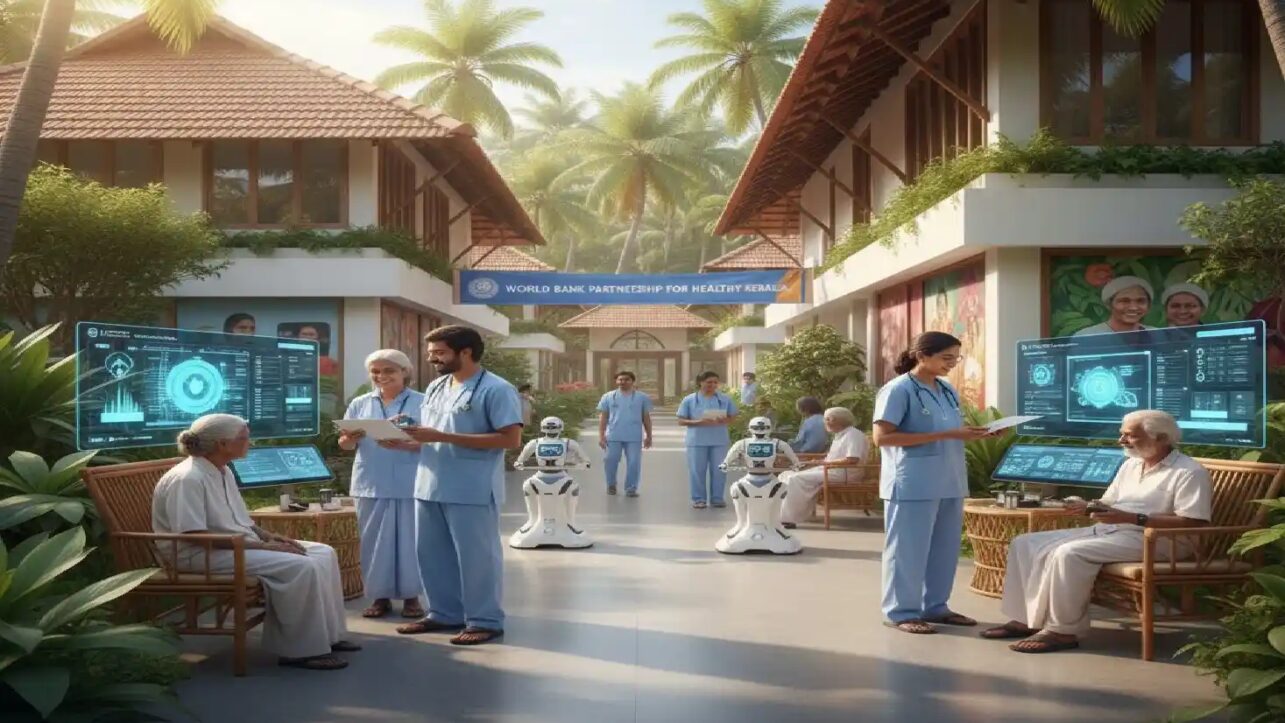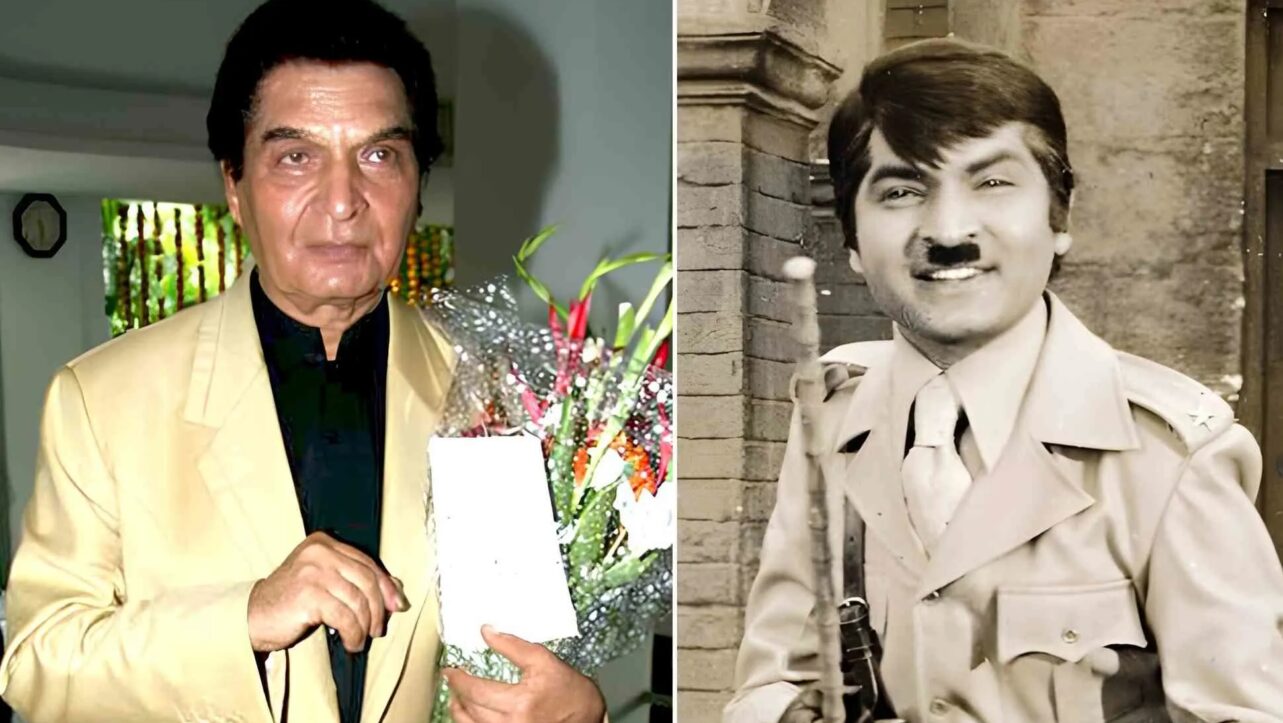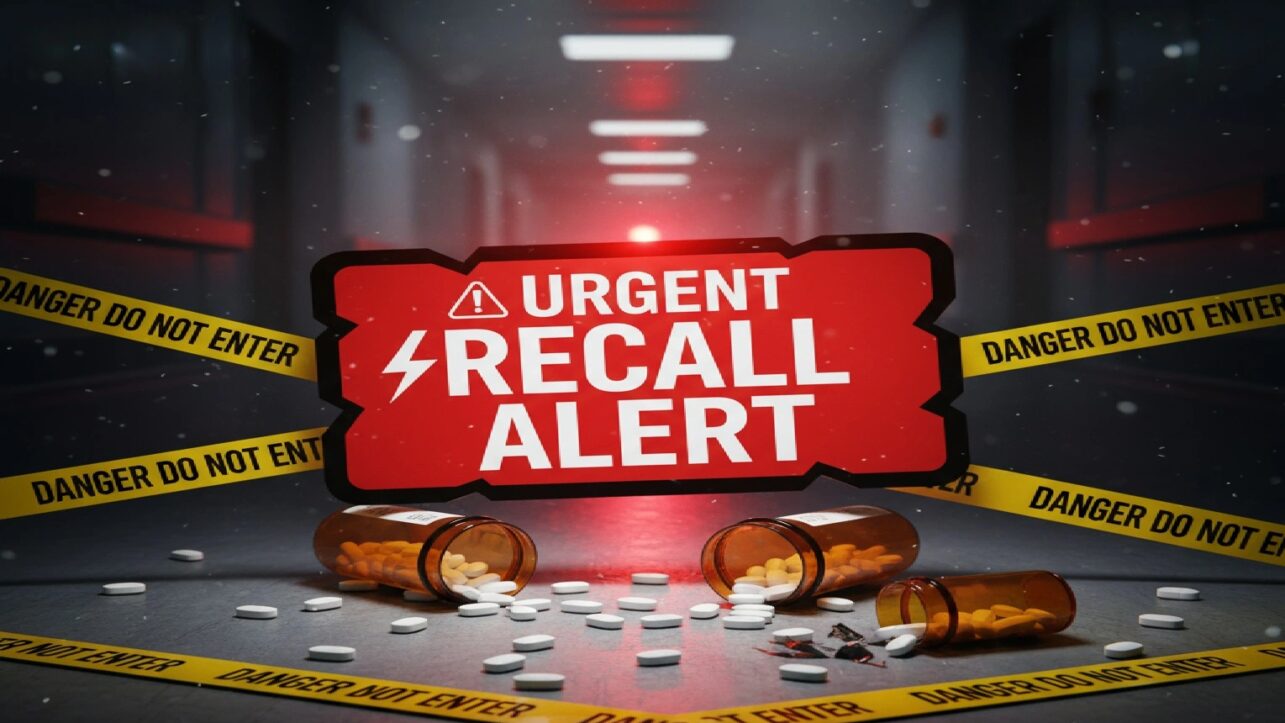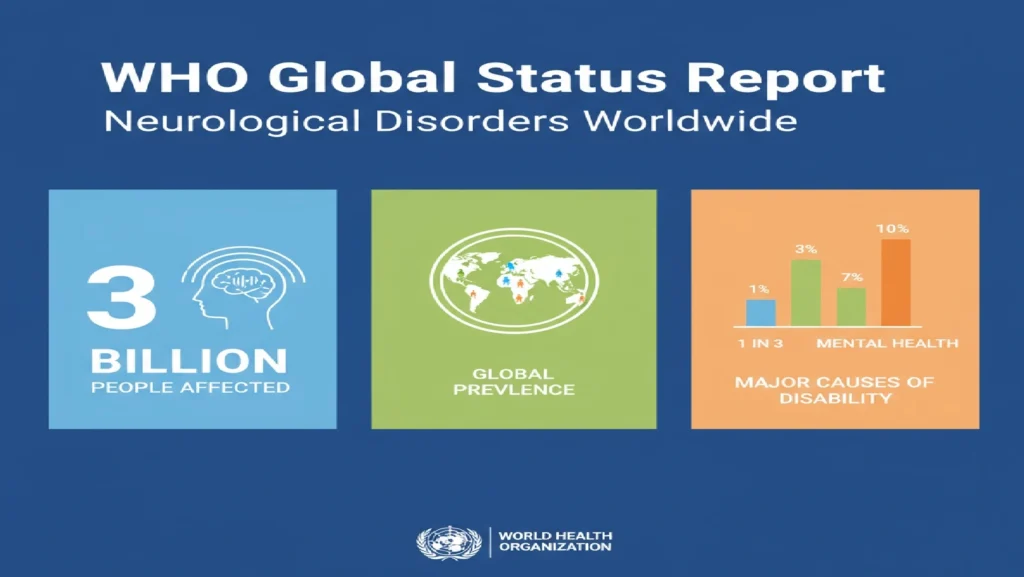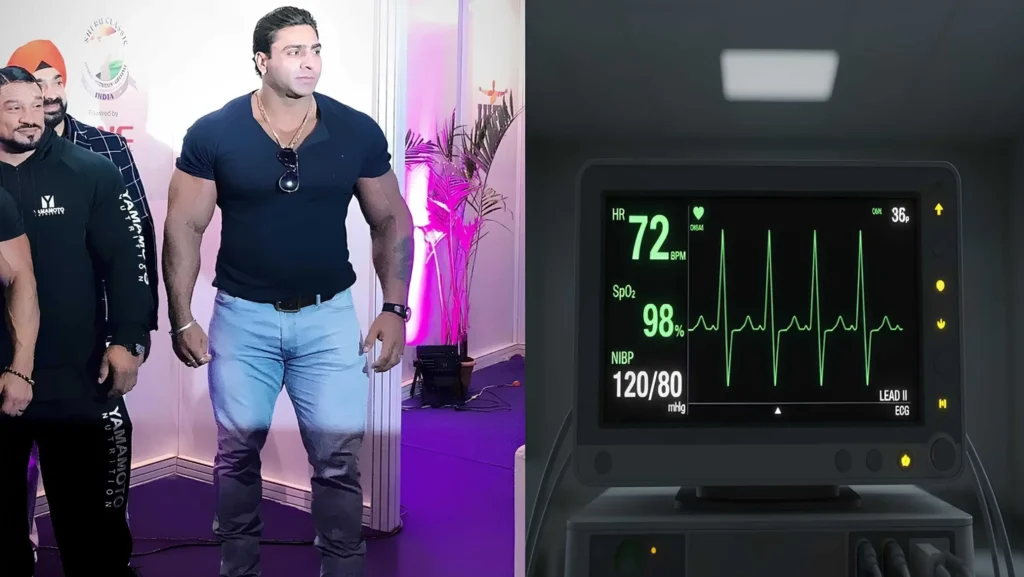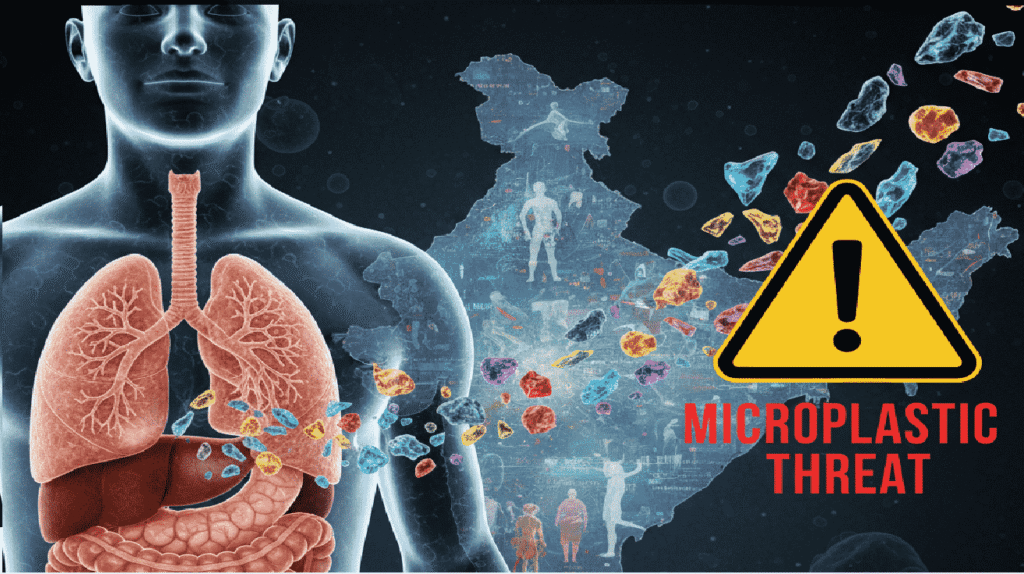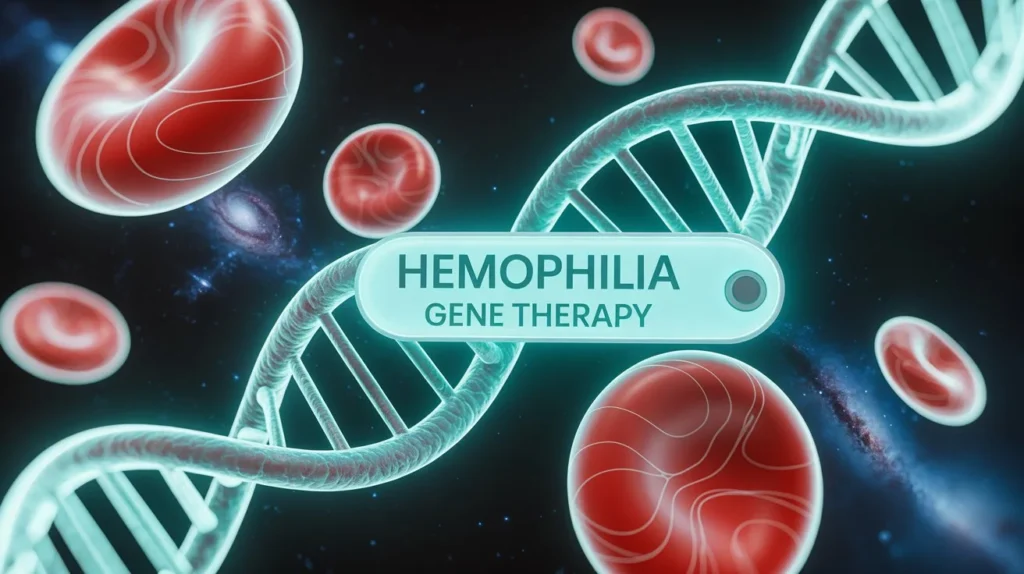Zoho founder and billionaire entrepreneur Sridhar Vembu has triggered a major national conversation on childhood vaccination after posting a statement on X (formerly Twitter) on October 28, 2025, suggesting that India is experiencing a “rapid increase in autism” that may be connected to administering “way too many vaccines to very young children“.
What Vembu Said
The tech entrepreneur urged Indian parents to “take this analysis seriously,” referencing a McCullough Foundation report that reviewed over 300 studies examining potential links between early childhood vaccination and autism spectrum disorder (ASD). “I believe there is increasing evidence that we are giving way too many vaccines to very young children. This is spreading in India too and we are seeing a rapid increase in autism in India,” Vembu wrote in his post.
Parents should take this analysis seriously. I believe there is increasing evidence that we are giving way too many vaccines to very young children. This is spreading in India too and we are seeing a rapid increase in autism in India. https://t.co/AeiVaieYug
— Sridhar Vembu (@svembu) October 28, 2025
The Report Cited
The McCullough Foundation report, co-authored by cardiologist Dr. Peter McCullough and Dr. Andrew Wakefield, claims that 79 percent of vaccine-related studies reviewed show results “consistent with an autism link” and suggests that unvaccinated children display lower autism risk. The report lists vaccination as a higher risk factor than genetics, pollution, or premature birth.
Wakefield authored a controversial 1998 Lancet paper that linked the MMR vaccine to autism, which was later retracted and his medical license was revoked. McCullough has become known for his pandemic-related vaccine commentary.
Medical Community Perspective
Several medical professionals and public health experts responded to Vembu’s post with concern. Former IAS officer Dr. PV Ramesh called the statement “devastatingly reckless” and urged Vembu to delete the post. Medical professionals noted that such statements could affect public trust in vaccination programs.
Dr. Shahid Jameel, a virologist at Ashoka University, emphasized the potential consequences: “When influential figures undermine public trust in vaccines, they put lives at risk. The consequences aren’t theoretical anymore. They’re measurable”.
Official Health Guidelines
The Indian Academy of Pediatrics, World Health Organization (WHO), and US Centers for Disease Control and Prevention (CDC) maintain that vaccines are safe and that extensive research worldwide has found no causal link between vaccination and autism. According to UNICEF data, vaccines have saved over 154 million lives in the past 50 years, and in India specifically, routine immunization has reduced child mortality by over 50% since 1990.
Health experts note that the increase in autism diagnoses is attributed to improved diagnostic criteria, better awareness among parents and teachers, and enhanced screening tools rather than an actual increase in incidence.
Vembu’s Response to Critics
Vembu declined to delete his post, stating “I will not delete my post. I stand by what I said“. He questioned institutional authority, suggesting that the term “dodgy western source” could apply to FDA and CDC recommendations, arguing these institutions “do not deserve blind faith”. He framed his position as encouraging scientific inquiry, stating “science progresses only when we question dogma”.
Divided Public Reaction
The post generated mixed responses across social media platforms. Supporters praised Vembu for raising questions about vaccination schedules and expressed gratitude for bringing attention to the issue. “Great courage to send this message. Hope many eyes open up, particularly of the medical community in India,” one supporter commented. Others questioned why older generations don’t show similar autism rates if vaccines aren’t a contributing factor.
Critics expressed concern about the potential impact on vaccination rates in India. “Anti-vaxers community is growing in India with this new anti-science virus getting imported from the US. We should defend against this new virus for a healthy India,” one user wrote. Instagram comments included concerns about expertise boundaries and the potential for misinformation in a country with significant child health challenges.
Previous Statements
This marks the second time Vembu has publicly questioned childhood vaccination protocols. In August 2024, he questioned the necessity of administering Hepatitis B vaccines to newborns, which also drew criticism from medical professionals. At that time, Vembu defended his position by stating it was “not anti-science to ask such common-sense questions”.
Broader Context
Vembu’s comments occur amid growing vaccine skepticism in some regions globally. US President Donald Trump and Health Secretary Robert F. Kennedy Jr. recently commissioned a report exploring potential causes of rising autism diagnoses, including vaccines and prenatal acetaminophen use. The WHO subsequently reiterated that no conclusive scientific evidence exists linking autism with either vaccines or acetaminophen use during pregnancy, noting that the condition’s causes are likely multifactorial, involving genetic and environmental influences.
Impact on Public Health
Public health data shows that disrupted vaccination programs have measurable consequences. Health officials emphasize that maintaining high vaccination coverage is essential for preventing outbreaks of vaccine-preventable diseases.
The debate continues across social media and news platforms, with medical professionals, parents, and vaccine policy advocates weighing in on both sides of the discussion.

